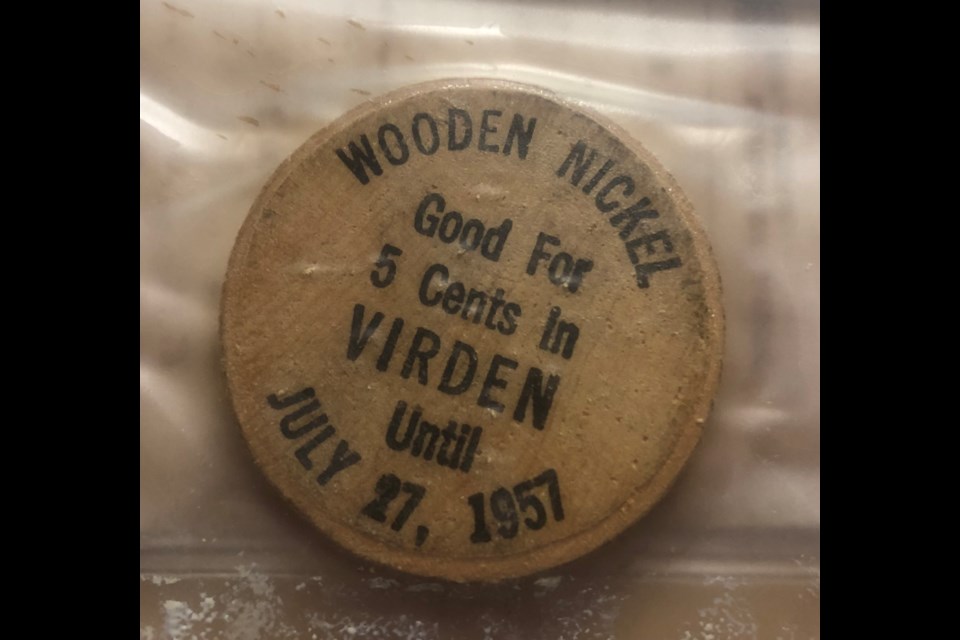These days, buying goods and services is easy; simply tap a card or even your cellphone.
During the Victorian era, trade tokens were commonly used by merchants in times of acute shortages of coins of the state. These tokens did not necessarily have monetary value, but were redeemable for goods or services.
For example, a barber would create a token that was “good for 1 shave” or a merchant’s token would be “good for 50 in merchandise”.
Tokens issued by merchants were a form of barter and played a crucial role of convenience. They allowed the consumer to receive their goods at a rate and time convenient to them, and allowed the merchant to tie the holder of the token to their shop. Most tokens never received official compliance from governments, but were accepted and circulated quite widely.
To validate these tokens, issuers would engrave their full name or initials into the token. Tokens would normally indicate the merchant’s establishment, often by name, but sometimes by picture. Tokens could come in all shapes and sizes - though commonly round, they could also be square, heart or octagonal shapes.
A popular, well-known token is the wooden nickel, which was generated in various cities throughout North America, usually to raise money for the cities’ anniversaries.
The use of trade tokens still has a purpose in today’s society. Many car washes, video arcades, and public transportation services use them.
Interested residents and visitors of Virden looking for more information on tokens and other Victorian artifacts are encouraged to visit the Virden Pioneer Home Museum where one can find historic commercial items and local trade tokens from as early as the 19th century.
Submitted by Benjamin Corenblum, Assistant Curator & Tour Guide at the Virden Pioneer Home Museum




